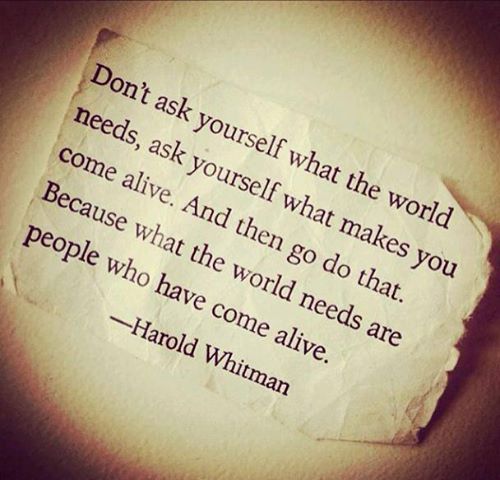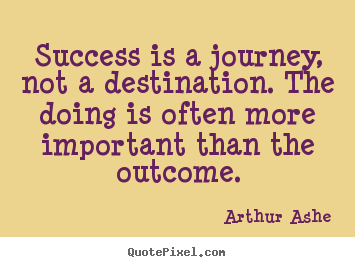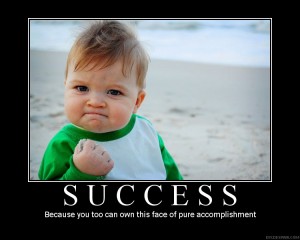OK, so, you’ve got the first 3 steps under your belt – where to from here?
Why not take some advice from the fabulous though leader Simon Sinek – and his book (available in audio format too, which I highly recommend) ‘Start with Why’
Secret Number 4 is very much based on the concept behind this book – that is ‘Know what drives You’
 Don’t worry about what should drive you or take for granted what used to drive you. Instead, really ask yourself this question “what gets you going?” or if you prefer a higher level strucgture to that question “What’s your ‘why’ in your career or as a person?”
Don’t worry about what should drive you or take for granted what used to drive you. Instead, really ask yourself this question “what gets you going?” or if you prefer a higher level strucgture to that question “What’s your ‘why’ in your career or as a person?”
- Now brainstorm it. Know that its 100% OK if there is more than one thing just as its OK if your answers are generic or tentative. Keep going. Keep digging. Keep searching. These approaches may help:
- What are the common things about your favourite pastimes that give you a sense of what drives you? In other words, why do you like doing them? What do you get from them that is important to you?
- What is the best part of your work day. Even if that’s getting home. What are you searching for relief from? Flip this to find your driver/s.
- Why are you doing what you’re doing? If the best answer you can come up with is ‘money’, please see secret #1 and challenge if the belief that this is the only one is still valid for you. OR, if you answer ‘money’ and that feels good to you/there is no sense of inner conflict or loss of energy – more power to you – there is no problem.
- Ask yourself too ‘ and what else’ and see what else you discover.
 Knowing what drives you – tapping into your ‘why’ for being here will keep you focused on the big picture objective and help you see the forest when you’re lost in the trees. For some people though, thats never the problem, for some people its the opposite that is hard. You know your ‘why’. You’re clear about what you want, you just don’t have an idea on how to get from where you are now, to where you want to be.
Knowing what drives you – tapping into your ‘why’ for being here will keep you focused on the big picture objective and help you see the forest when you’re lost in the trees. For some people though, thats never the problem, for some people its the opposite that is hard. You know your ‘why’. You’re clear about what you want, you just don’t have an idea on how to get from where you are now, to where you want to be.
That brings us to Secret #5 – Chunk it Down - that is break it down into steps that are not overwhelming and from which you can see progress.
Chunking it down starts by asking yourself more powerful questions like:
- “Whats one thing I CAN do now that gets me closer?” It doesn’t have to be a big step, it just has to be something you can do right away that shows you you’re on track.
- “What is my next big milestone?” Now identify the rest of these and put them on a timeline that you feel is realistic.
 Now go back and repeat step 1, related to the milestones you’ve identified. You might even come up with 2 or 3 things you can do, and as you achieve each – cross them off and check you have the next step lined up. You dont have to see the top of the staircase to take that next step! Just START.
Now go back and repeat step 1, related to the milestones you’ve identified. You might even come up with 2 or 3 things you can do, and as you achieve each – cross them off and check you have the next step lined up. You dont have to see the top of the staircase to take that next step! Just START.
Have a clear idea in your mind of how these steps you take are contributing to your success – directly or indirectly and this leads you nicely to
Secret #6 – CELEBRATE now – don’t wait!
 No matter how much we read otherwise or hear it sung from the rafters – success truly is a journey, not a destination – yet all too often we fail to remember this.
No matter how much we read otherwise or hear it sung from the rafters – success truly is a journey, not a destination – yet all too often we fail to remember this.
Believing that success is a destination means that we resist failure – we experience it as a negative event and it can very easily knock our motivation, causing us to challenge ourselves, doubt our ability and even our worth. When we recognise that we are in the process of being successful, it not only brings our attention back to the ‘now’ but it helps us value whatever we experience along the way, without judging ourselves or allowing the judgments of others to bring us down. If we know success is the journey, we cannot be a failure – even if we experience ‘failure’ along the way.
 When we frame our experiences that way, we remember to celebrate our progress ‘good’ or ‘bad’. We can appreciate the lessons in what may on the face of it look like ‘failure’ and we start to celebrate our resilience, or uniqueness and our wins along the way. We start empowering ourselves, without feeling that the judgment of others define us. This internal frame of reference is empowering and liberating.
When we frame our experiences that way, we remember to celebrate our progress ‘good’ or ‘bad’. We can appreciate the lessons in what may on the face of it look like ‘failure’ and we start to celebrate our resilience, or uniqueness and our wins along the way. We start empowering ourselves, without feeling that the judgment of others define us. This internal frame of reference is empowering and liberating.
Now THAT is a powerful way to stay motivated. Worth thinking about, isn’t it?